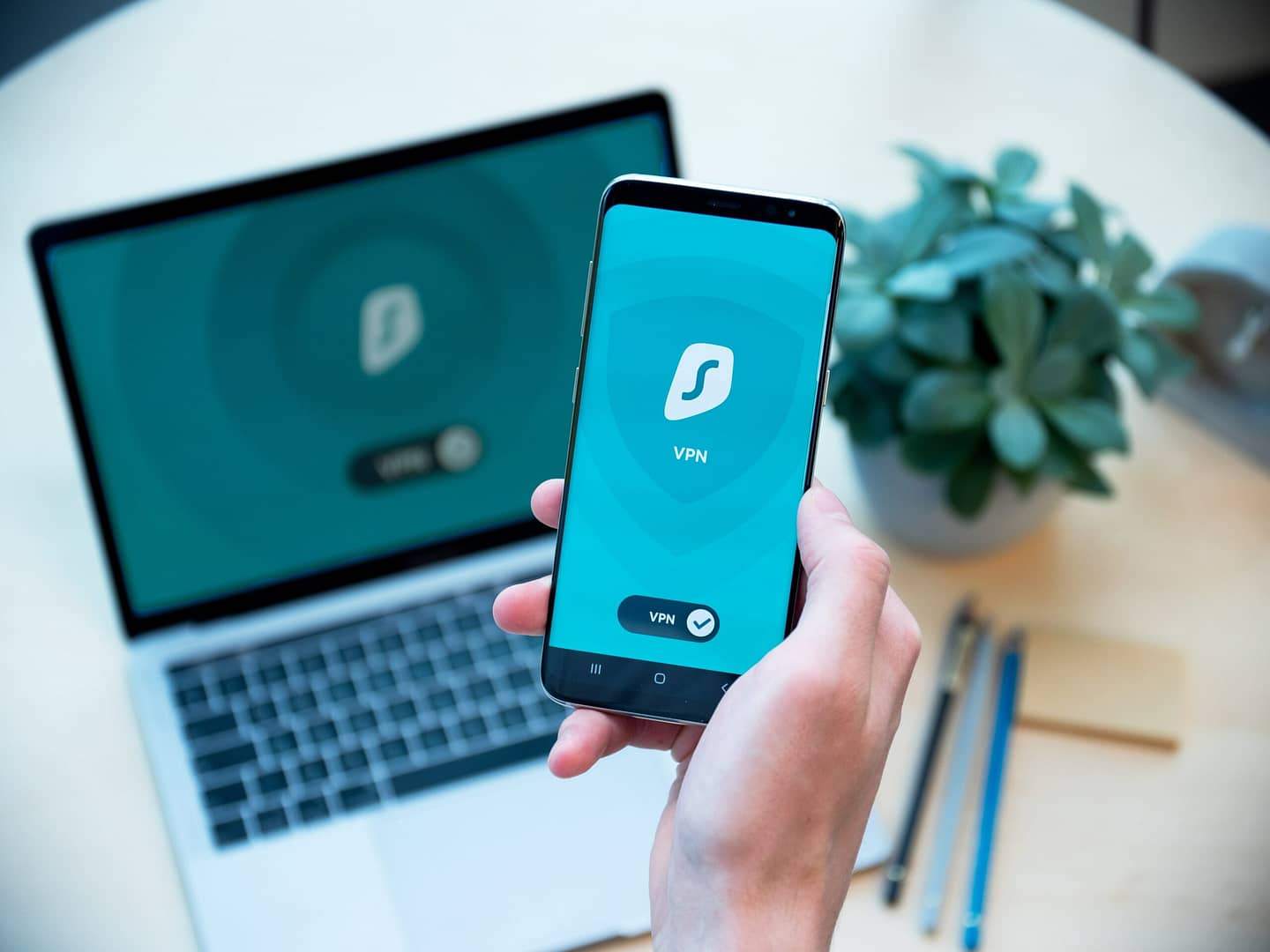History Lesson
VPNs may seem complicated, but the process is rather simple. You can trick the internet into thinking your IP address is appearing in a foreign country of your choosing. With an added layer of encryption, you can also shield your identity during this process. Particularly more advanced VPNs can stop your internet provider, mobile carrier or anyone else watching your online footprint from seeing your activity. To them, using a VPN is basically like being offline or in an advanced incognito mode. Even through some strange hypothetical that hackers and or data trackers would be able to find your information, the VPN host server makes sure to turn any data created when surfing the web into something unintelligble and basically useless.
Is VPN legal?
This varies from country to country. As for the United Kingdom, using VPNs is legal. It becomes illegal when you try to access content banned by your country using the VPN. Accessing anything geo-restricted is also illegal.
Geo-restrictions are complicated but aren’t all illegal. Accessing streaming services locked by geo-restrictions with a VPN is legal but accessing something banned in your country but accessible in another such as the Dark Web or a black-market website is illegal.
In some countries, every single VPN is illegal (such as North Korea, Iraq and more). Some countries only permit government-approved VPNs (such as China, Turkey and more) which are strict within themselves as they only let you access content the government allows.
In more recent years, with laws such as the Investigatory Powers Act (2016) which are considered intrusive, there was a fear surrounding United Kingdom citizens being online. VPNs can dramatically limit the government’s access to your data in this way too.
The United Kingdom (alongside America, Australia, Canada and New Zealand) is a member of the Five Eyes, an intelligence alliance that wants to prevent data encryption, upend online privacy in hopes of stopping cyberterrorism. This is also something to remember.
Common Misconceptions
It is important to realise that VPNs aren’t the perfect protection for your privacy. Whilst they have immense positives, there are also some negatives with them too, like any sort of internet defence. They suffer from the inability to stop tracking cookies and fingerprinting.
Cookies are small blocks of data created during the visit to a website that uses cookies. Although they’re usually ignored, cookies can keep track of buttons you click, information you submit as well as your browsing history. It’s best to be weary of these.
Device fingerprinting is information collected from software and hardware with the intent of identifying users. This is a major concern with privacy experts and advocates as fingerprinting can easily overcome any means of avoiding tracking.
The Various VPNs
Every VPN on the market has its positives and negatives. It’s best to research all you find if you are willing to use one, to see what benefits it will grant you for the use you want out of an VPN. These options aren’t sponsored, but they are somewhere to start for you.
ExpressVPN: This has been quoted as the best VPN for UK citizens for a while, with brilliantly vast connections, quality servers, 24/7 support and a mobile app with great interface. It is available for Windows, Mac, Android, iOS and Linux. The downsides are that it is limited to five devices only and is a little bit more expensive than other options, but if it is only you or you and a partner looking to use this then ExpressVPN is a great place to start.
NordVPN: This one is notable for having immensely great security on top of being a good choice for accessing streaming platforms. It is also the best option for speed, being faster than any other option. Their security is as quick as the speed too. It is available for Windows, Mac, Android, iOS and Linux. The only downside is the mobile app not being as useable as its computer counterpart. This is one to consider if you want extra protection.
Surfshark: This one has a large focus on price. Being the cheapest option on the market with a great ability in terms of streaming and applications. It is available for Windows, Mac, Android, iOS and Linux. The only downside is that the privacy and its policy surrounding it aren’t as strong as other options, but if you’re looking for an option that won’t break the bank then Surfshark is absolutely a consideration for you to look over.
ProtonVPN: Outside of being a standout for its state of the art “Secure Core” servers, and its privacy features, ProtonVPN is also a great choice for streaming whilst staying undetected with various servers and fast speeds. With powerful applications for both computers and mobiles, the only negative to ProtonVPN is its inability to have a 24/7 live support. It is available for Windows, Mac, Android, iOS and Linux.
HELP IS HERE!
We appreciate you taking the time to read through, and we hope in any possible way that we could help you today. If you require any more advice or information, please don’t hesitate to reach out and contact us as we would be happy to help.
I hope you have found it insightful, and if you want any more information or to discuss anything further, please feel free to drop us an email or a call and we can arrange a chat.
If you want to read some of our other blogs, you can see them here!
Thank you for reading, I hope you have found it insightful, and if you want any more information or to discuss anything further, please feel free to drop us an email or a call and we can arrange a chat.
contact@the-haven.co.uk
0161 826 2303
Helping you stay Safe and Secure online!




